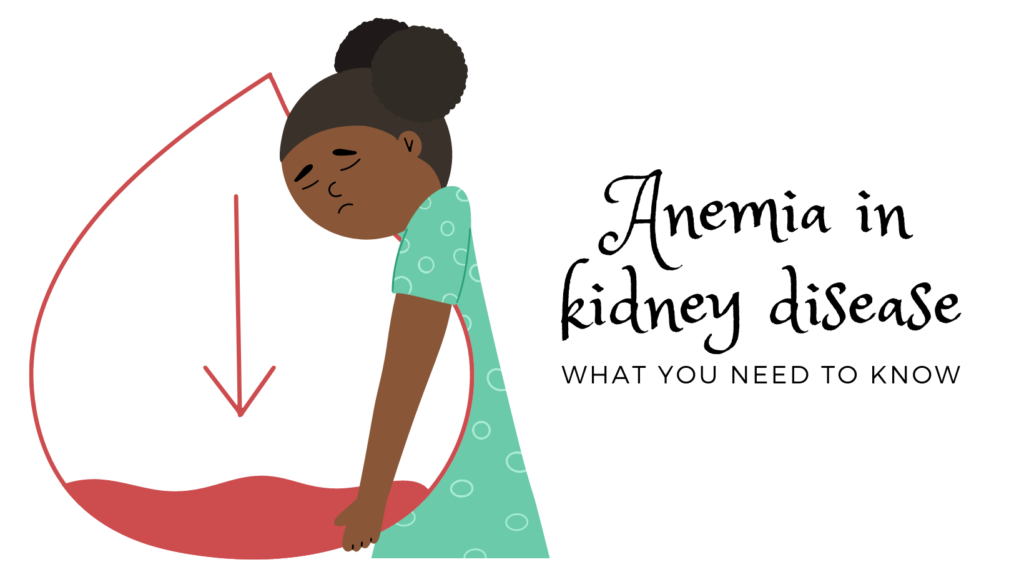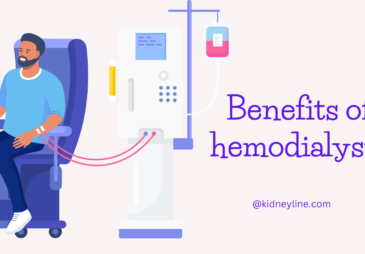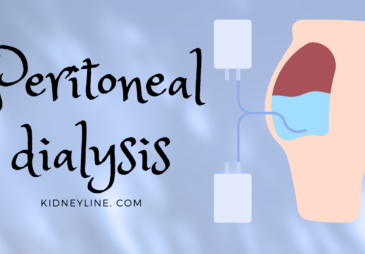Many people who go through hemodialysis say they feel very tired or weak afterward. This can be worrying, especially if you are new to dialysis. The truth is, feeling weak after treatment is very common. There are several reasons why this happens, and knowing them can help you cope better and talk to your care team about what you feel.
What Happens During Hemodialysis?
When your kidneys are not working well, they cannot clean your blood the way they should. Hemodialysis is a treatment that uses a machine to remove extra water, waste, and toxins from your blood.
This process keeps you healthy, but it is also a big change for your body. In just a few hours, dialysis does what your kidneys would normally do all day long. This sudden change can leave you feeling drained.
Why Do You Feel Weak Afterward?
1. Big Changes in Fluid and Salts
Dialysis takes out extra fluid and balances salts (electrolytes) in your blood. Sometimes this happens quickly, and your body needs time to adjust. If too much fluid is removed, your blood pressure can drop, making you feel dizzy or weak.
2. Low Blood Pressure
A sudden drop in blood pressure is one of the main reasons patients feel tired. When your pressure is low, less oxygen reaches your muscles and brain, leading to faintness and nausea.
3. Anemia (Low Red Blood Cells)
Kidney disease often causes anemia, which means your blood carries less oxygen. Even with treatment, anemia can leave you feeling exhausted.
4. Loss of Vitamins and Nutrients
Dialysis can also remove small amounts of vitamins and nutrients. Without enough nutrition, you may have less energy to recover after treatment.
5. Stress on Your Body and Mind
Dialysis is tough physically and emotionally. The long sessions and stress of living with kidney disease can make fatigue worse.
6. Other Health Problems
Other health conditions, like diabetes, heart issues, or infections, may add to your tiredness. It’s important to let your care team know if your weakness feels unusual.

How to Avoid Feeling Too Tired After Future Dialysis
While some fatigue is normal, there are many things you can do to recover better and prevent extreme tiredness:
1. Keep to Your Dialysis Schedule
- Do not skip or shorten dialysis treatments. Missing treatments or having long gaps between them can cause fluid buildup and toxins in the blood, making you feel even worse afterward.
- Attend all your scheduled sessions, as consistency helps your body adjust better.
2. Control Fluid Gain Between Sessions
- Limit salty foods and avoid drinking more than your care team recommends.
- Less fluid to remove during dialysis means your treatment is easier on your body.
3. Eat a Kidney-Friendly Diet
- Follow the diet plan given by your dietitian.
- Get enough protein and vitamins (with doctor-approved supplements if needed).
- Avoid skipping meals before treatment. Consider having a light snack if allowed.
4. Rest and Move Wisely
- Plan time to rest after dialysis but try light activities, like walking, on non-treatment days to build strength.
- Avoid overexertion right after treatment.
5. Talk to Your Healthcare Team About How You Feel
- Always share if you have severe tiredness, cramps, dizziness, or nausea.
- Your team can check for anemia, adjust fluid removal, or make other changes to help you feel better.
6. Follow All Parts of Your Kidney Care Plan
- Dialysis is just one part of your care.
- Make sure to take your medicines as prescribed, follow dietary instructions, and attend all appointments to keep your body strong.
Takeaway
Feeling weak after hemodialysis is common, but it does not have to take over your life. By sticking to your dialysis schedule, following your kidney care plan, managing fluid and food intake, and openly communicating with your healthcare team, you can reduce tiredness and recover faster.
💬 Remember: your care team can only help if they know how you are feeling. Never hesitate to speak up about your symptoms.
💡 Tip: Keeping a diary of your symptoms, what you eat, and how you feel after each session can help your doctors make the best adjustments for you.




